Mozambique: Matola coal terminal to increase capacity by 50% in Grindrod $80M investment
Mozambique’s fuel crisis: Nampula among the worst-hit regions

Among consumers, there is a growing perception that the elite do not face the same difficulties [Photo: Sitoi Lutxeque/DW]
- Fuel shortages continue to affect several provinces in Mozambique. The crisis has worsened in recent weeks, causing long queues at gas stations, price increases in the informal market and protests.
Fuel shortages affecting several provinces in Mozambique, especially Nampula, its most populous, have been ongoing since the end of March.
According to reports from residents, most fuel stations are out of stock, forcing citizens to spend hours searching for fuel. Many citizens spend early mornings in queues waiting to fill up.
“I’ve been here since 4:00 a.m. until now [9:00 a.m.], and I haven’t been able to buy fuel. Most people arrived around 3:00 a.m., but no one has filled up. Fuel is expensive and there’s none,” complains taxi driver Gildo Alberto.
Motorcycle taxi operator Mário Inácio shares the predicament. He says that, in addition to the shortage, he is also facing a drop in customers. “It’s very worrying for us taxi drivers. To earn 100 meticais on the road, since the morning, when we started working, until now at the beginning of the afternoon, it hasn’t been easy, there are no customers,” he laments.

Informal market expands
With the shortage, the informal market has expanded. Several citizens resell fuel purchased at the pumps, often in inadequate conditions. A litre of petrol, whose official price is 85.82 meticais (around €1.18), can be sold for 300 meticais or more on the black market.
READ: Mozambique: Informal traders speculate on gasoline prices in Lichinga – Notícias.
Amade Bernardo, a health technician, found a way to increase his income by reselling fuel. “We buy it at the pumps for 90 meticais per litre and resell it for between 110 and 120. We use special cans to store it and then distribute it in bottles,” he explains.
Among consumers, there is a growing perception that the political and economic elites do not face the same difficulties. They accuse some petrol stations of prioritising fuel for government vehicles or those belonging to companies linked to the state, while the general population remains in queues.
The manager of the Eco petrol station, Miguel Amorim, denied these allegations, saying that contracts with institutional clients are fulfilled without favouritism. “In principle, it is not good to prioritize the Government. As a company, we have contracts signed with our customers, and at no time should we fail to fulfil these commitments,” he said.
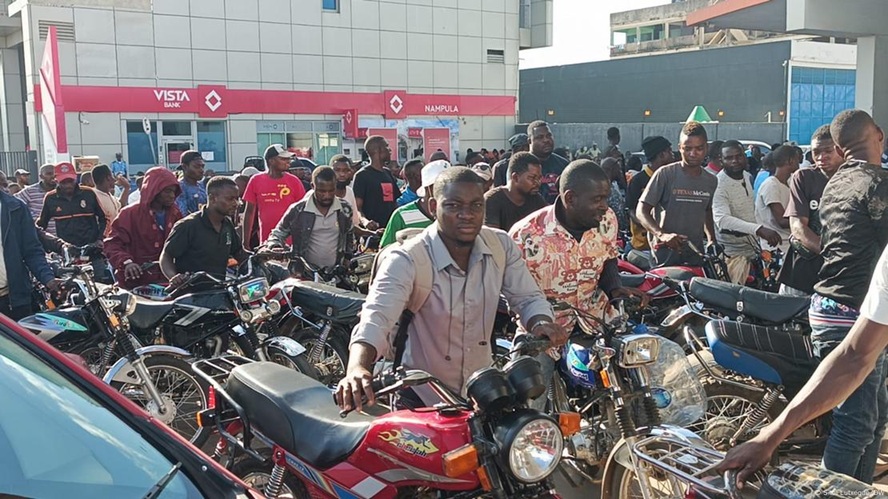
Population wants answers
On April 29, the governor of Nampula, Eduardo Mariano Abdula, said that the situation would be resolved “over the course of the week”, and that the fuel had already arrived and was only awaiting distribution.
“At the moment, it is just a matter of unloading. But, according to what I was informed today, the gasoline will [soon] start to be available,” he said at the time.
However, two weeks later, the situation remains practically unchanged.
Frustration has fuelled civil mobilizations. Last Saturday (10-05), the Koshukuro organization led a peaceful demonstration in Nampula, demanding clarification from the energy sector.
Gamito dos Santos, social activist and executive director of the organization, criticized the lack of official communication: “The government thinks that we only have duties, but never rights. We cannot resurrect a public institution to publicly explain what is happening. And it is the habit of the government of this country to say nothing in times of crisis.”


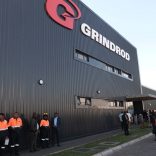

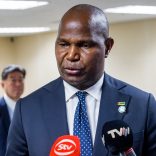
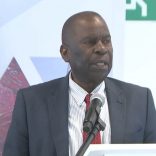

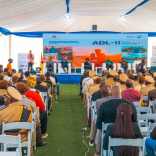





Leave a Reply
Be the First to Comment!
You must be logged in to post a comment.
You must be logged in to post a comment.